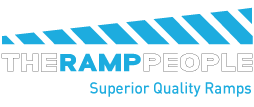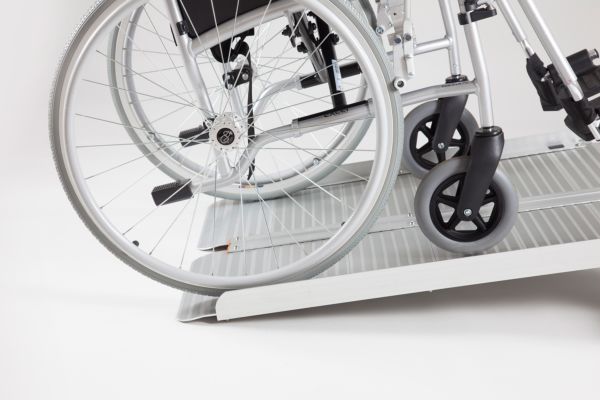
Disability VAT Exemption
What is VAT exemption
VAT exemption or zero-rated goods are goods or services designed and sold specifically for disabled people that can be claimed without VAT for disabled people or charities. This tax relief can help these people pay for important equipment, adjust their home to make their life easier and much more.
Qualifying for VAT exemption
To qualify for zero-rated goods or services three criteria need to be met; the people or person must be eligible, the goods or services must be eligible, and they need to be used for domestic purposes.
Eligibility
To be eligible you must be either be disable or be a charity although not all charities are entitled to VAT exemption for the same eligible goods or services as individual disabled people. Charities will only qualify for VAT relief on these goods if they are being made available to a disabled person for their personal or domestic use. Charities are considered ‘non-profit distributing bodies established to advanced education, advance religion, relief poverty, sickness or infirmity or carry out certain other activities beneficial to the community.’

For disabled people, VAT relief is not dependent on the benefits a disabled person gets, if any. In fact, you don’t need to be registered disabled in order to qualify. The HMRC states a person is eligible if they are ‘chronically sick or disabled’ with a ‘physical or mental impairment which has long-term and substantial adverse effect on their ability to carry out everyday activities’ or a ‘condition which the medical profession treats as a chronic sickness, such as diabetes’.
This doesn’t include the elderly or any person who is only temporarily disabled or incapacitated such as someone with a broken leg or arm. If a parent, guardian or carer is claiming VAT exemption on behalf of someone else then the goods or services should only be used by the relevant disabled person. It’s up to the supplier to make the reasonable steps to check that a customer is eligible.
Goods
There are various goods and services that can be claimed zero-rate if customers meet the eligibility criteria. They fall into main categories including goods or aids, services of installation, repair or maintenance and building or construction. This includes:
- Medical and surgical appliances such as artificial limbs, respirators, heart pacemakers, special footwear and clothing etc.
- Electrically or mechanically adjustable beds, chair lifts, hoists and sanitary devices
- Adapted motor vehicles for disabled wheelchair users
- General equipment and appliances for disabled people such as wheelchairs, text telephones, braille embossers etc.
- Computer devices and other electronic devices such as desktops, laptops, tablets, smartphones and e-readers as long as they’re sold as part of an assistive technology system
- Auditory aids such as training aids, hearing aids, bone implant attachments etc and low vision aids such as spectacle mounted low vision aids
- Mobility scooters and electric wheelchairs
- Wheelchair ramps, doorways, passages, bathrooms, lifts and other building and construction work

This is just a small example of the main goods and services that can be claimed VAT exempt and there are some exceptions to the rule for each category so check carefully whether you can claim VAT exemption by seeing the full list here. The supplier should highlight on their website or catalogue which products come with VAT relief.
Usage
To qualify the goods should also only be used for domestic or personal use. That means they should only be used by a single or group of disabled individuals at home or for other private use.
You cannot get VAT exemption if they are used for business purposes or made widely available for a whole group of people to use as they wish, such as a stair lift installed in a charity building made available for general use or convenience.
This also includes hospital use, such as goods or services supplied to an inpatient or resident of a hospital or nursing home or any person attending the premises of a hospital or nursing home for care or treatment.
How to claim back VAT
To get VAT exemption you will need to provide a written declaration to your supplier either by paper and post or electronically. At The Ramp People, you can simply get VAT exemption by ticking the VAT exempt box at the checkout and filling out the following form to show your eligibility. You’ll be able to do this on all our products which are clearly marked as eligible for VAT exemption on the product page underneath the price.

Once you have filled out the form, we will ensure that VAT is taken off your final price. If the disabled person themselves can not complete the form then a parent, guardian or carer can do so on their behalf. Anyone can pay for the eligible goods or services, but special rules apply to supplies of certain types of equipment paid for or arranged by:
- The National Health Service (NHS)
- Non-charitable hospitals
- Certain other non-charitable institutions that provide nursing or residential care
To find out more about these rules see VAT liability of health institutions supplies.
If you are in any doubt as to whether you are eligible to receive goods or services zero-rated for VAT, you should consult Notice 701/7 VAT Relief for Disabled People or contact the National Advice Service on 0845 010 9000 before signing the declaration.





